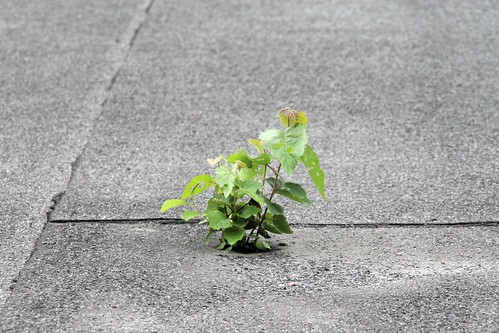C-3P0: Sir, the possibility of successfully navigating an asteroid field is
approximately 3,720 to 1.
Han Solo: Never tell me the odds. The Empire Strikes Back (1980)
Some writers write because they want to become rich and famous. They see writing as their winning lotto ticket, their professional football career, their one-hit-wonder, their American-Idol superstardom. They reason that if they can write the next Hunger Games, the next 50 Shades of Grey, or the next Chicken Soup for the Soul knockoff, that they can retire, live a life of leisure, and write.
I, like everyone else, would love to become wealthy through the labors of my creative words, but I also know that this dream is unrealistic. If I ever sat down and calculated my hourly wage on an article or short story sent out for publication, I’d have to gulp down a cocktail of anti-depressants to stop myself from leaping off of the nearest building. If you write only for wealth and fame, you’ll be surely disappointed.

You have to write because you love it. You have to write because you simply cannot do anything but. You have to write as if you know that you’ll never earn a nickel from publication, but choose to write anyway.
I have this eternal tug-of-war that goes on inside my head, where on a bad day, the inner critic convinces me that the best choice that I can make in my life is give up this little hobby, stop posting in this little blog and Tweeting, stop the writing practice and just read trashy novels, watch boatloads of TV, and take up manly pursuits such as electrical wiring, plumbing, and auto repair. So that one day, I am not so clueless in these areas that guys traditionally understand and excel at.
It would be practical. It would make all of the improvements that I see on Trading Spaces and This Old House seem easy. I would be comfortable with radial arm saws and nail guns, and not have to hire experts to help solve problems such as hot water heaters that don’t heat water, leaky pipes, and replacing shattered panes of glass (via a stray rock while using the trimmer mower to trim around the landscaping…) but I’d be miserable. And bored. So I block out that negative chatter and live by the words of Han Solo… “Never tell me the odds…” and refuse to think about them.
I don’t think about the thousands of books on display at Barnes and Noble, I think about the fact that surely, there is room for one more book on the shelf. I don’t think about the fact that John Grisham’s first novel, A Time to Kill, was rejected by 15 publishers and 30 agents, I think about how it was accepted by the 16th and now has millions of copies in print. There is no room for pessimism in writing (unless you write about pessimistic stuff). You don’t have any choice. If you write everyday, consistently and well, you become a better writer, and the money may come… but don’t count on it.
You can write the best book on the planet and you still may not be successful right away. Ask J.K. Rowling, whose Harry Potter and the Philosopher’s Stone (yes, folks, it was named something else over in jolly ol’ England and still has that name there) was rejected by every major publisher, all of them telling her that “fantasy is a dead genre,” until a small publisher named Scholastic decided that this book might have an audience within the masses of school kids that they sell books to and provide educational materials for each year, and the rest is history. Practice, write the best work that you can, market it smart, and who knows, maybe you’ll beat those odds… and maybe even make a little money along the way…
–Michael